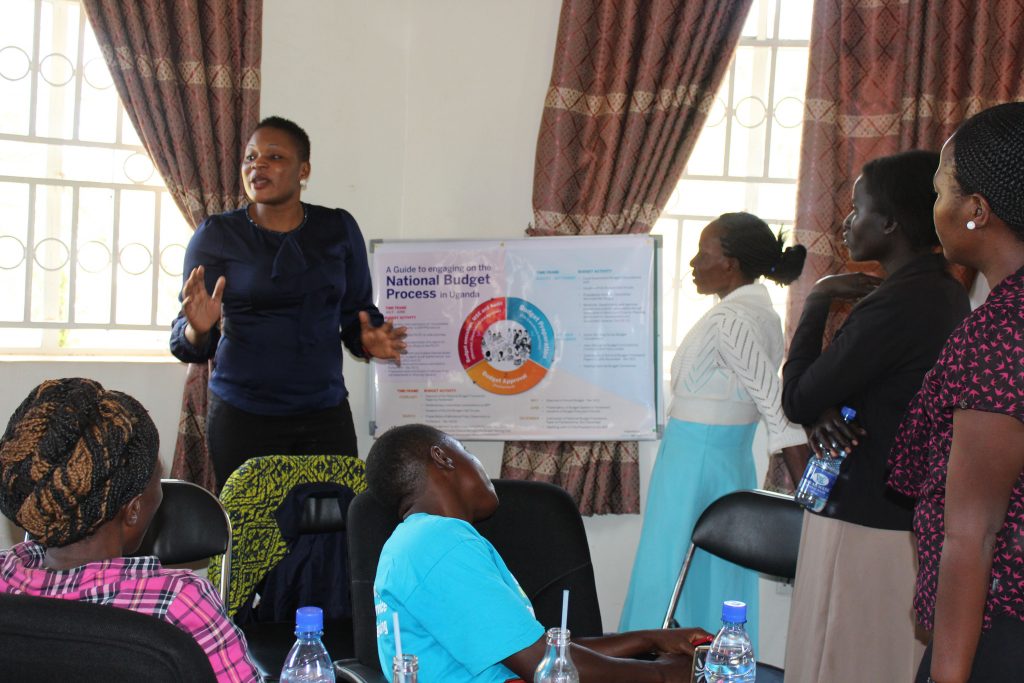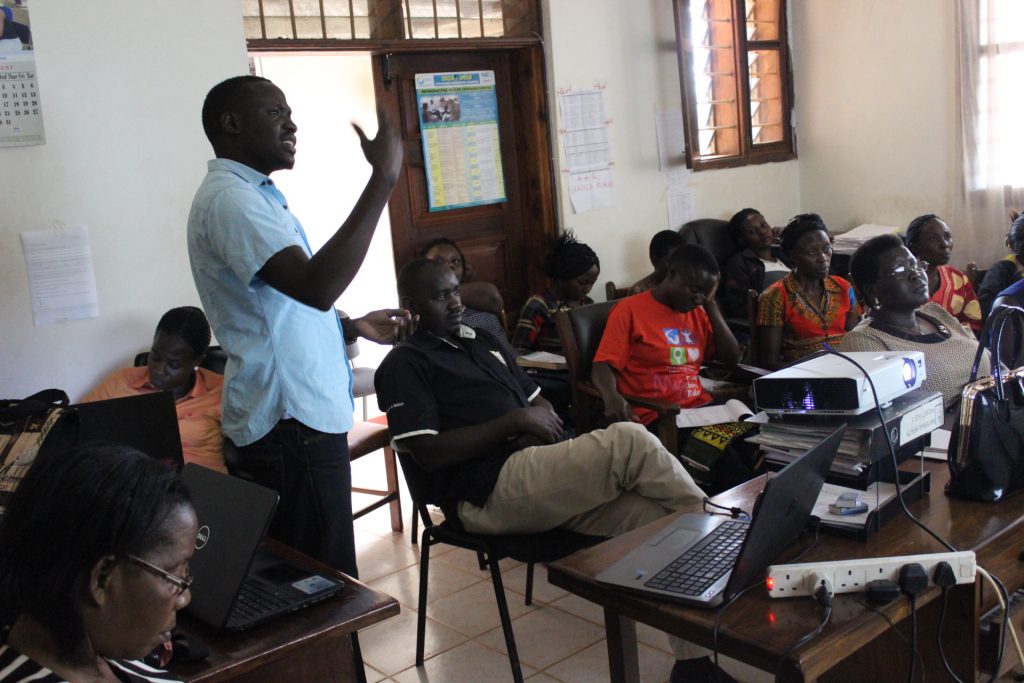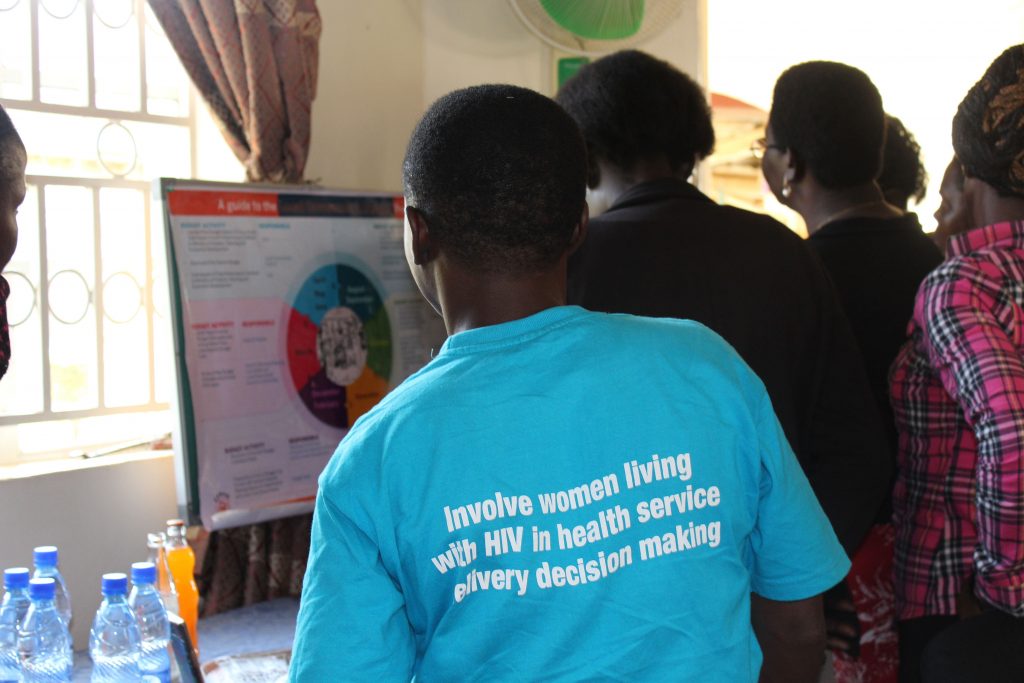
Over the last couple of days, advocates for the rights of women living with HIV from 14 districts of Uganda have been taking part in an exchange visit with the team at DSW (Deutsche Stiftung Weltbevoelkerung) and Action Group for Health Human Rights & HIV/AIDS (AGHA Uganda).
DSW is an international non-governmental organisation addressing Sexual & Reproductive Health (SRH) and population dynamics. AGHA Uganda on the other hand is a health rights advocacy organization in Uganda dedicated to raising awareness of the human rights aspects of health, and the quality of health and healthcare for all Ugandans.
Both organizations have played a key role in policy and budget advocacy and holding the government and Ministry of Health accountable regarding fulfilling Health sector related promises made at the budget reading as well as monitoring the implementation.
Now that, ICWEA with financial support from Commonwealth Foundation is carrying out activities under the project titled; Partnership with Women Living with HIV (WLHIV) in improving health service delivery and accountability, an exchange visit with the two teams comes in very handy in informing the advocates.

During the visits, the advocates who are women living with HIV were taught about what it takes to carry out advocacy at community, district and national levels basing on the experiences of the different teams.
The advocates were enlightened on the budget cycle to help guide on the periods during which engagement can be done with officials so that right from the community, budgets reflect the needs and priorities of women living with HIV.
Advocates also learnt that monitoring is very key in advocacy because it is the only way to measure the impact.
At the end of the day, this project hopes to achieve; improved ability and competence of WLHIV to advocate for inclusion of priorities and issues of WLHIV in national and district budgets and plans.
This project also aims at enhancing competence and confidence of WLHIV to engage and dialogue with policy makers at national and district levels on issues and priorities of WLHIV and to also increase awareness of the needs and priorities of women living with HIV.
All these efforts will see to it that there is meaningful engagement of women living with HIV in decision making about issues that affect us and will in the long run lead to improved health service delivery and accountability.




